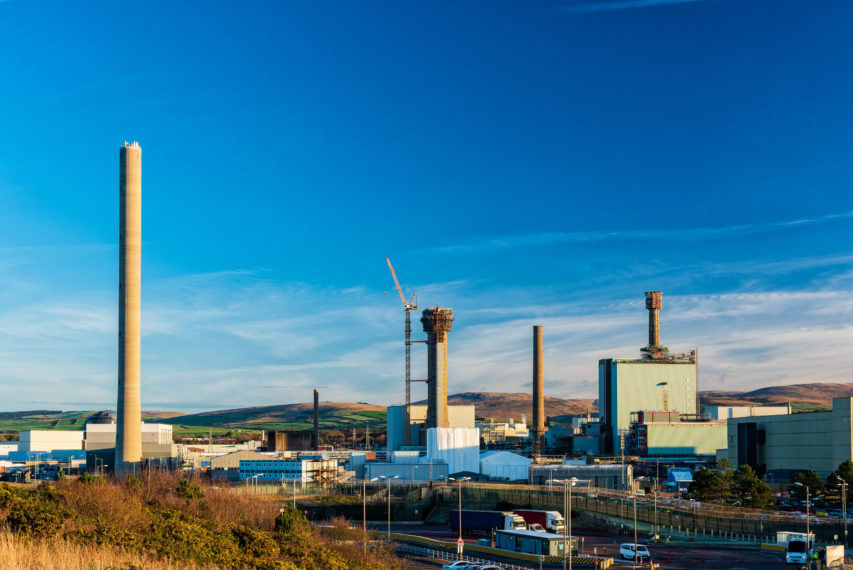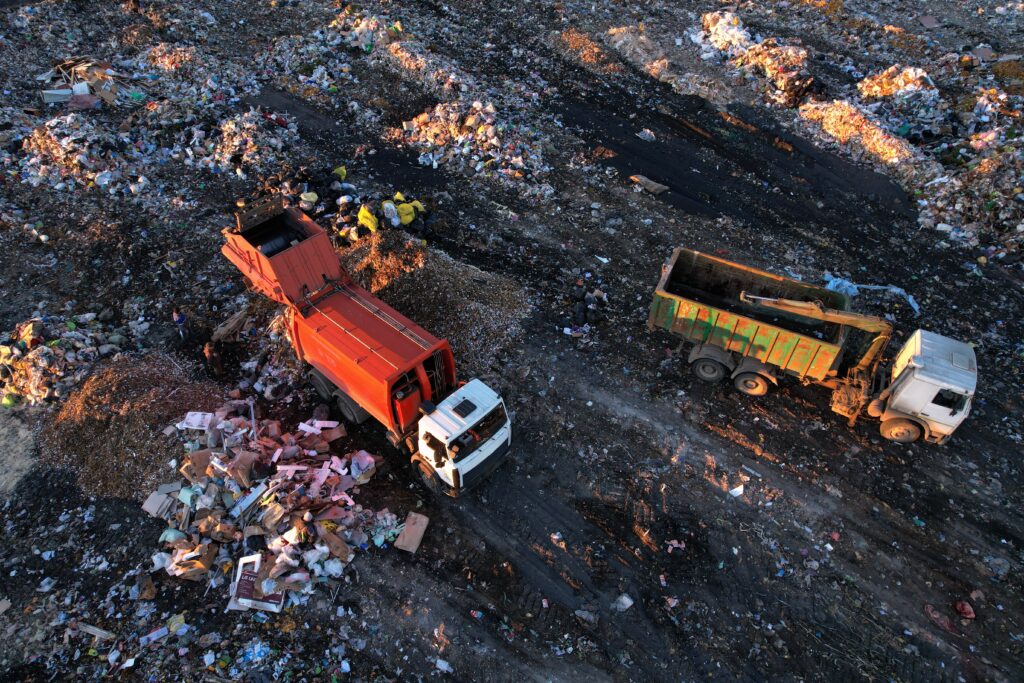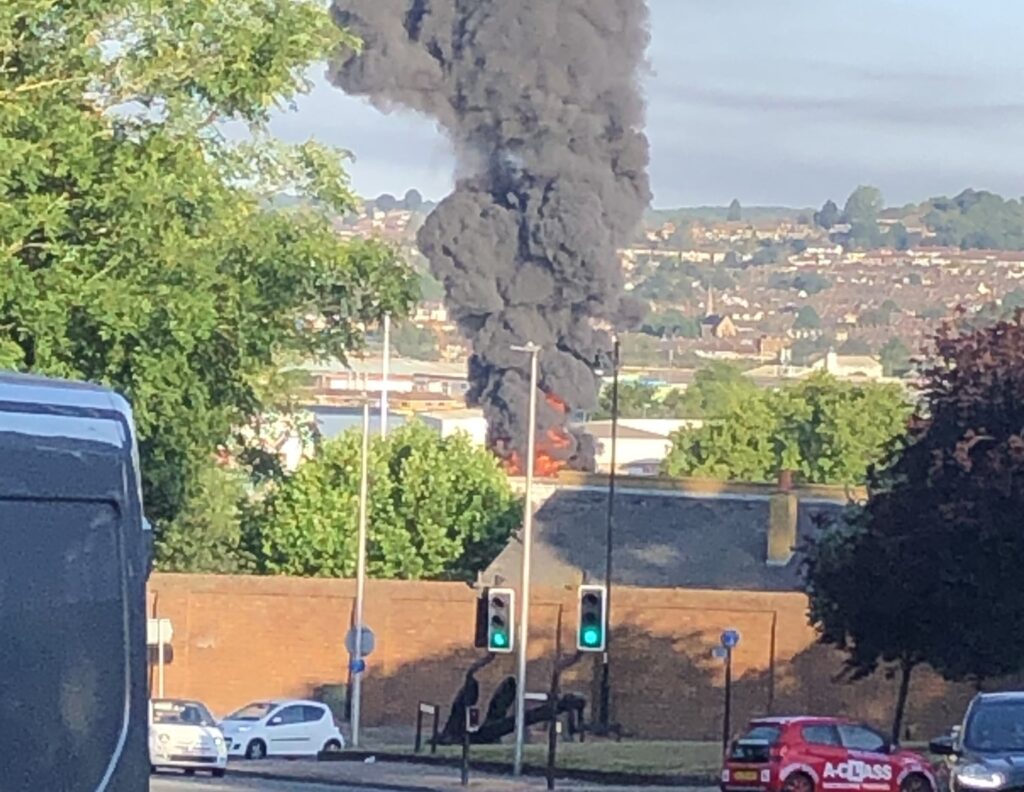
The granting of the PPC is seen as the last hurdle faced by the waste management company for its 242,000 tonnes-a-year capacity incinerator, which has been hamstrung by delays and surrounded by controversy since Veolia ES South Downs – formerly Onyx South Downs – first submitted a planning application to East Sussex county council in November 2005 (see letsrecycle.com story).
A spokeswoman for Veolia ES South Downs said: “This permit now means that we have everything in place to be able to operate this facility once completed in accordance with the Environment Agency's requirements.”
Veolia ES South Downs intends to use the incinerator – also referred to as an energy recovery facility – to burn waste under controlled conditions to create steam for heat energy. The PPC sets strict conditions governing operation of the plant to ensure protection of the public and environmental health.
The plant is being developed as an integral part of Veolia ES South Downs' 25-year integrated waste management contract across East Sussex and Brighton & Hove.
PPC
The Environment Agency first awarded a PPC to the Newhaven plant in November 2006 but rescinded it in the face of a legal challenge by a local pressure group DOVE (Defenders of the Ouse Valley and Estuary) 2000 Ltd.
In light of this withdrawal, Friends of the Earth mounted another legal challenge, claiming that the planning application was “unlawful” as the PPC formed a legal necessity of the proposal. However, Mr Justice Sullivan ruled in July 2008 that the withdrawal of the permit did not amount to planning permission as a whole being flawed (see letsrecycle.com story).
Veolia overcame the final legal challenge with regards to planning permission in November 2008, when Mr Justice Sullivan ruled in the High Court that East Sussex county council's planning committee had taken into account all relevant factors when granting planning permission in November 2007 (see letsrecycle.com story), despite claims by both Friends of the Earth to the contrary. The campaigners were then both ordered to pay £10,000 towards the costs incurred by bringing the case to court and Friends of the Earth were refused leave to appeal.
Agency
The Environment Agency said that issuing the permit would be the first stage in its regulation of the incinerator, and it would monitor environmental performance such as emissions once the plant became operational.
Chris Wick, environment manager for the Agency said: “We have considered this application very carefully, and we are satisfied that the incinerator will not cause any significant pollution providing it is operated in accordance with our permit.”
“From the moment we received the application we recognised that this application is of major public interest, and we have done everything we can to ensure that everyone has had an opportunity to comment.
“Over the various consultation stages we have received approximately 9000 written responses from members of the public, and we have considered these alongside comments from professional bodies such as the Primary Care Trust and Health Protection Agency,” he added.
Plans
The Veolia spokeswoman said, to date, work on the Newhaven plant was to schedule and had seen a “significant amount” of piling works undertaken. Excavation works for the refuse bunker and part of the boiler hall, which is constructed below ground to reduce overall height of the facility, is ongoing.
The plant is expected to be operational in 2011.







Subscribe for free